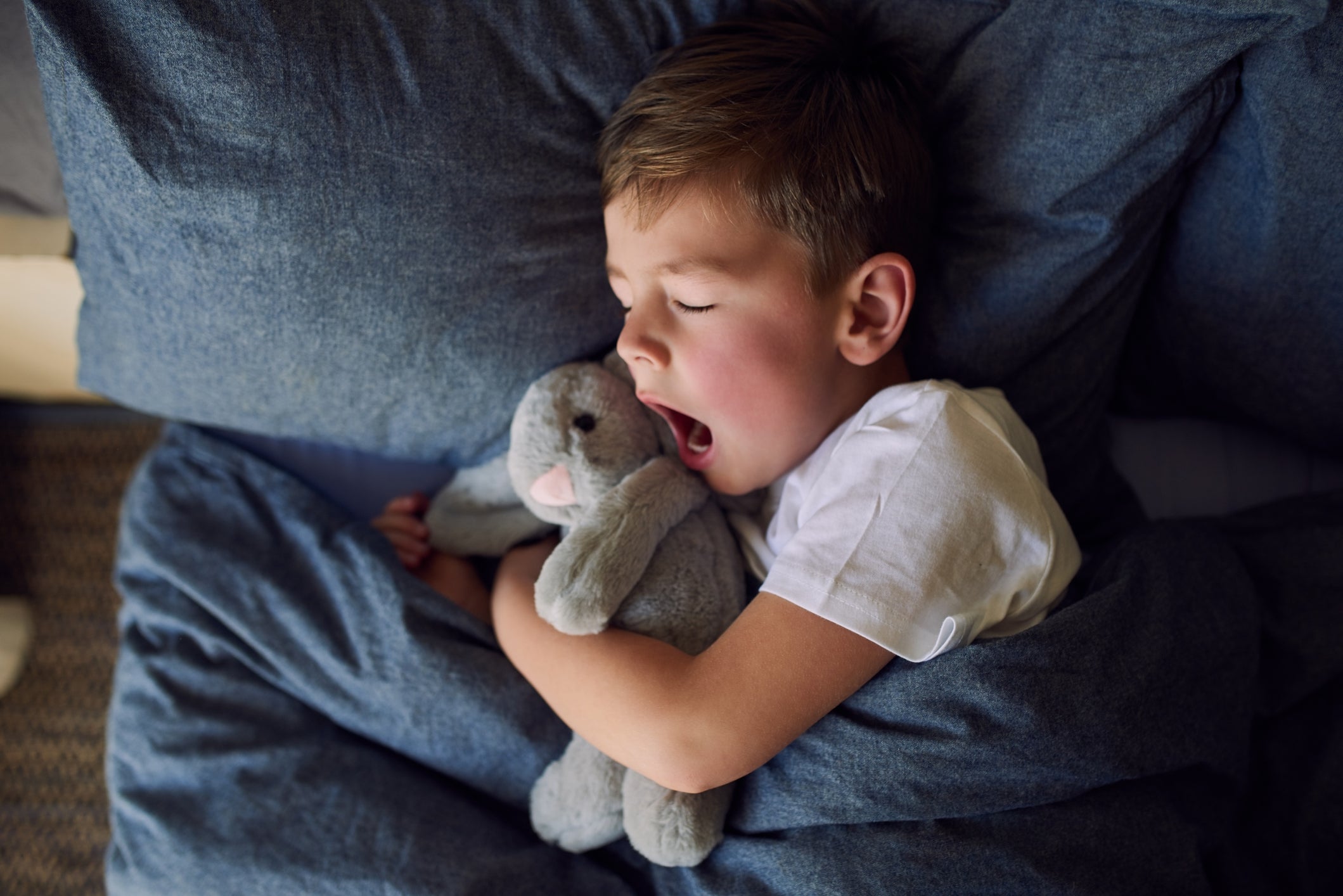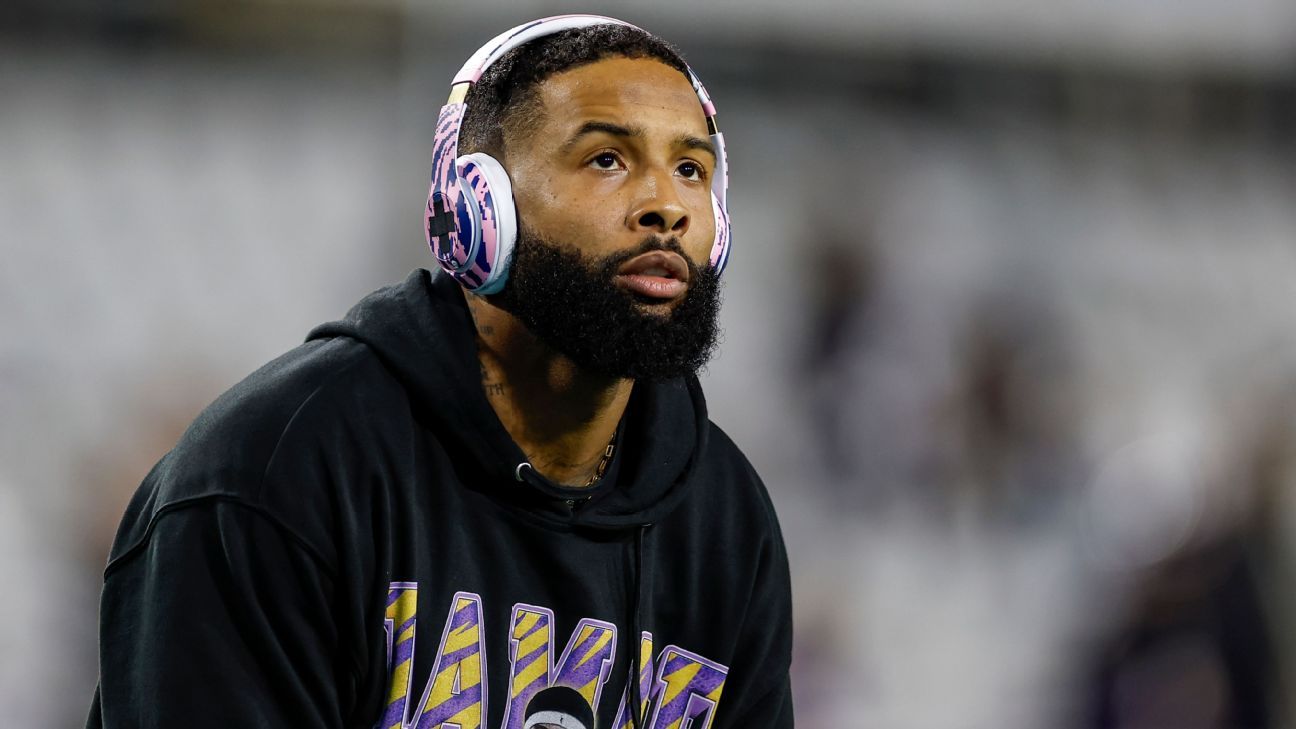Only 1 in 7 school kids is getting enough sleep – and parents have no idea

A new study has found that one in seven elementary school kids in America is not getting enough sleep – and that their parents are likely unaware this is the case.
Children are supposed to get between nine and 12 hours each night from the ages of six to 12 years old, according to guidelines from the American Academy of Pediatrics.
However, research from Brown University found that 14 percent of more than 100 Rhode Island kids, between the ages of six and 10 years old, were not getting the amount they need to stay healthy.
“What parents often don’t see is how long it takes for kids to fall asleep or how often they wake up during the night,” Diana Grigsby-Toussaint, an associate professor at the university’s School of Public Health, explained.
And the problem is not just in the Northeast.

The findings build on research showing similar trends nationwide, with the Centers for Disease Control and Prevention reporting over a third of kids and teens, between the ages of four months and 14 years, did not get enough sleep from 2020 through 2021. Those worst impacted lived in southern states.
Sleep is crucial to children during these ages, helping their young brains develop and supporting mental health.
Not getting enough sleep is linked to behavioral issues, a weakened immune system, depression and anxiety, problems with impulse control, memory impairment, a lack of focus and having trouble in school, according to the Mayo Clinic.
“Insufficient sleep also increases the risk of accidents, injuries, hypertension, obesity, diabetes and depression,” the American Academy of Sleep Medicine says.
But the researchers found children were awake for an average of more than 38 minutes each night.
Studying their sleep patterns using monitors the kids wore on their wrists, the epidemiologists tracked when the children went to bed, how long it took for them to fall asleep, how often they woke up and how much time was spent actually sleeping.
Parents simultaneously tracked their children’s habits, filling out surveys and sleep diaries.
On average, the children got around eight hours and 20 minutes each night.
Yet, when asked how much sleep their children got and how long their kids were awake at night, the parents were way off.
They said their kids slept more than 9.5 hours, were awake for under five minutes a night, and 83 percent believed that their child was sleeping the recommended amount.
The researchers said that there were some racial differences, with non-Latino children averaging a half an hour more of sleep per night than Latino children. Just 4.4 percent of Latino children in the study met the guidelines.
That could be due to cultural factors more common in Latino households, such as co-sleeping and later bedtimes, they theorized.

Ultimately, Grigsby-Toussaint says that while their findings determine doctors need to improve how they talk with parents about sleep, steps to improve kids’ sleep health are often fairly simple.
For some, this may mean adjusting their child’s commitments or eliminating an extracurricular activity to get the recommended amount of sleep, New Jersey pediatric pulmonologist Dr. Lee Brooks said in a statement.
Making sure children stick to consistent bedtime routines and schedules can help them get more shut-eye, signaling to their bodies when it’s time to wind down.
So does limiting screen use before bed. The light stimulates the part of the brain that is designed to keep us awake, according to Sutter Health.
“You do not need that phone in your bedroom when you are supposed to be sleeping. Period. End of story. Mic drop. We’re done,” San Diego State University psychologist Jean Twenge told CNBC.
[title_words_as_hashtags




